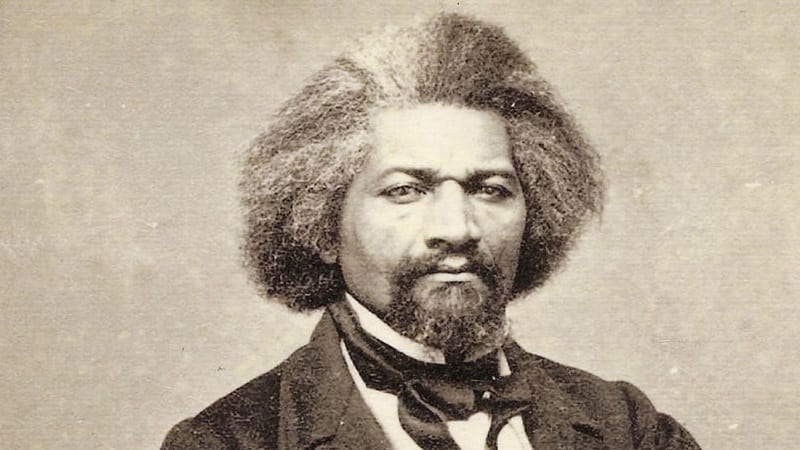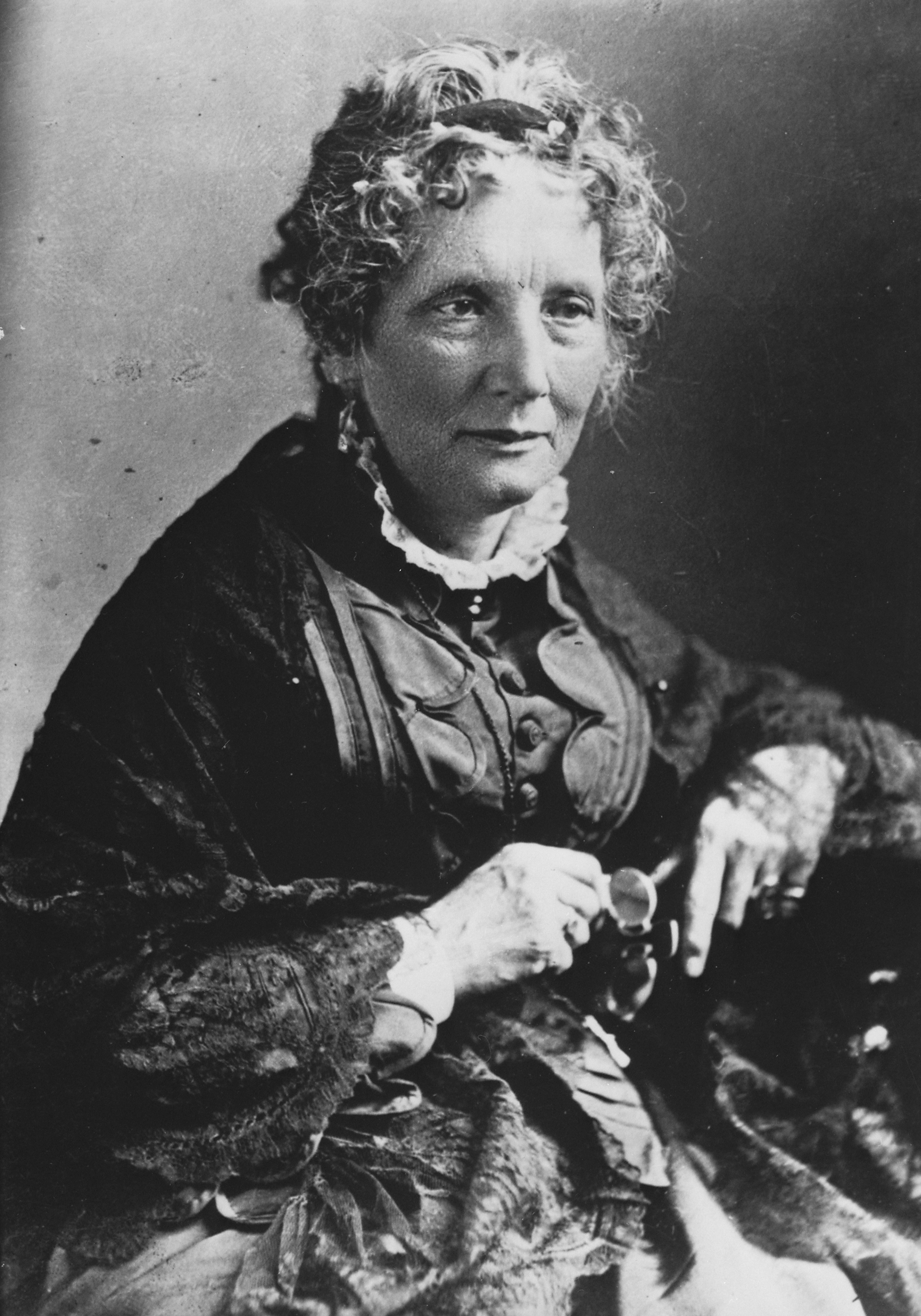Presentation during the townhall meeting created a broad picture of how there were many different viewpoints. Even inside of anti-slavery camp how the only argument many of them agreed on was abolition. One example is how Frederick Douglas thought that Black men should be freed first. This differed wildly from Harriet Beecher Stowe who fought for women's rights as well as abolition.
The Abolitionist spread all the way to the late colonial period. Abigail Adams is one example and she famously wrote a letter to John Adams, her husband and the 2nd president. She fought for both women's rights and abolition. Her argument says that people should not have to fight for their natural rights.
Despite some major differences in arguments, I was surprised that people’s life stories did not change drastically from person to person. Most if they came from a slave background had to escape themselves, had experience brutality at the hand of their master, and they were sold multiple times. I was also surprised by the lack of birthing records. I did not know what to expect but I had never considered that that kind of information would not be well kept up with.
The most interesting story out of all the presentations was Harriet Beecher Stowe. I recognized her name but did not know her story. I found it interesting how she was so empathetic to others because of the loss of her own son to Cholera and considered how a slave would feel about losing their family. She then gave this power of empathy to others in the notherns because she wrote Uncle Tom’s Cabin. Thinking about how it change the landscape of what Northern saw slavery as it profound.
Abolitionist arguments are fascinating and varied in their approach. Despite this variation they worked together for one goal to save millions of back lives from bondage. It is impressive that so many people could work towards the same goal.


No comments:
Post a Comment